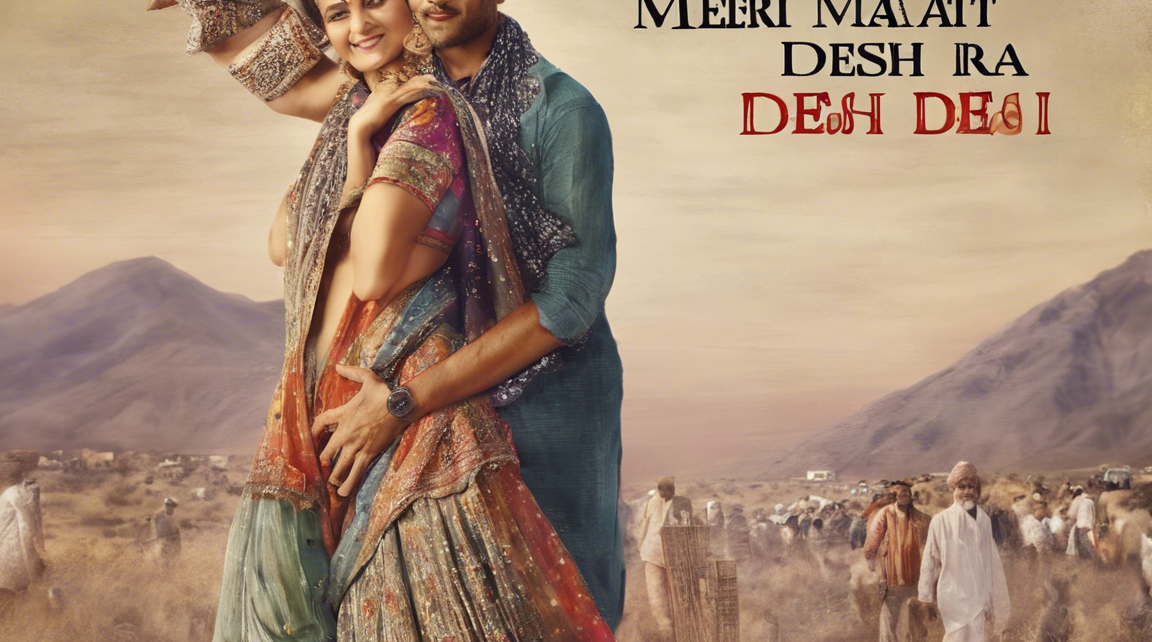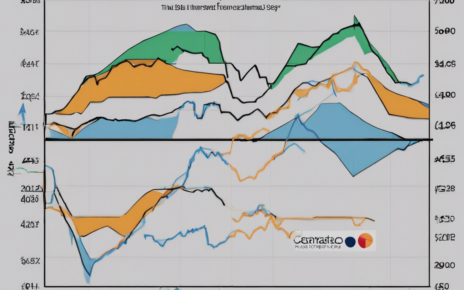Introduction
India, with its rich cultural heritage and diversity, has always had a special relationship with the land – a connection deeply embedded in its history, traditions, and values. From the vast expanse of fertile plains to the majestic mountains and serene beaches, every region of the country has a unique landscape that forms the backdrop of its folklores, festivals, and rituals. This article delves into the intrinsic bond that Indians share with their land, “Meri Maati Mera Desh: Celebrating the Connection to the Land.”
The Sacredness of the Soil
In Indian culture, the land holds a sacred status, believed to be the provider of life and sustenance. The concept of ‘Bhoomi Devi’ (Mother Earth) is deeply ingrained in Hindu mythology, where the Earth is revered as a goddess. Farmers worship the soil before planting crops, seeking blessings for a bountiful harvest. The sanctity of the land is also evident in the rituals associated with festivals like Makar Sankranti and Baisakhi, where people offer prayers to the Earth as a token of gratitude.
Cultural Homage to the Land
The connection to the land finds expression in various art forms and cultural practices across the country. Baul music from Bengal, Bihu dance from Assam, Giddha from Punjab, and Ghoomar from Rajasthan are all rooted in the agrarian way of life and celebrate the beauty of nature. These cultural expressions not only entertain but also serve as a means of preserving and passing on the reverence for the land to future generations.
Literature and Land
Indian literature is replete with odes to the beauty and bounty of the land. Poets like Gulzar, Tagore, Kabir, and Bharathi have penned verses extolling the virtues of the soil and its significance in shaping the identity of the people. Their words evoke a sense of nostalgia and belonging, capturing the essence of the land in all its glory.
Environmental Consciousness
The age-old adage, “We do not inherit the earth from our ancestors; we borrow it from our children,” rings true in the context of contemporary India. With the looming threat of climate change and deforestation, there is a growing realization of the need to protect and preserve the land for future generations. Initiatives like Chipko Movement and Swachh Bharat Abhiyan are a testament to the commitment of the people towards safeguarding the environment.
Reviving Indigenous Practices
In recent years, there has been a resurgence of interest in traditional farming practices and sustainable living. Concepts like permaculture, organic farming, and seed saving are gaining popularity as people reconnect with the wisdom of their ancestors. By embracing these age-old practices, individuals are not only fostering a healthier relationship with the land but also contributing to the conservation of biodiversity.
FAQs:
1. What is the significance of the term “Meri Maati Mera Desh”?
– The phrase translates to “My Soil My Country” and emphasizes the deep emotional and cultural bond that Indians share with their land.
- How do festivals in India reflect the connection to the land?
-
Festivals like Makar Sankranti and Pongal involve rituals that pay homage to the Earth, symbolizing gratitude for its bounty.
-
How are traditional art forms connected to the theme of land?
-
Traditional dances and music often celebrate nature and the agrarian way of life, reflecting the close relationship between the people and the land.
-
Why is it important to preserve indigenous farming practices?
-
Indigenous farming practices are sustainable and help maintain ecological balance, ensuring the long-term health of the soil and the environment.
-
How can individuals contribute to environmental conservation?
- Individuals can contribute by adopting eco-friendly practices, planting trees, reducing waste, and supporting initiatives that promote sustainability.
In conclusion, the connection to the land in India goes beyond mere physical boundaries; it is a spiritual, emotional, and cultural bond that defines the essence of being Indian. By honoring and nurturing this relationship, Indians not only pay tribute to their roots but also ensure a sustainable future for generations to come. Meri Maati Mera Desh is not just a slogan; it is a way of life that celebrates the eternal link between the people and their land.



